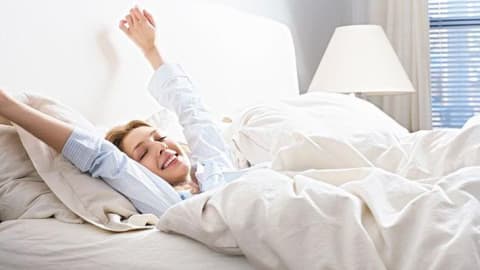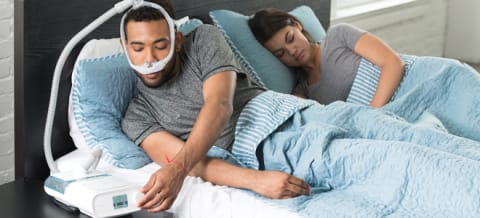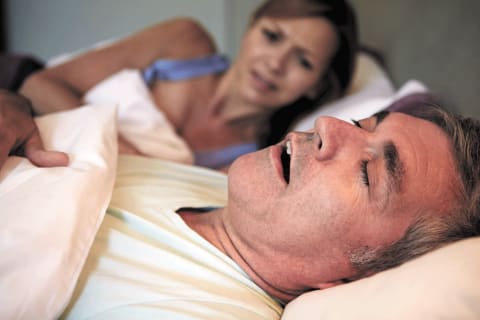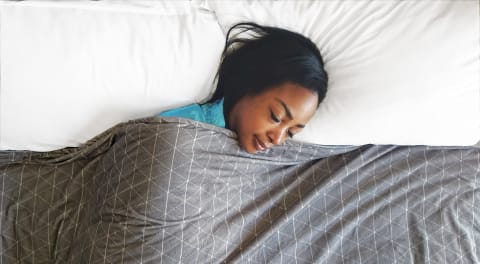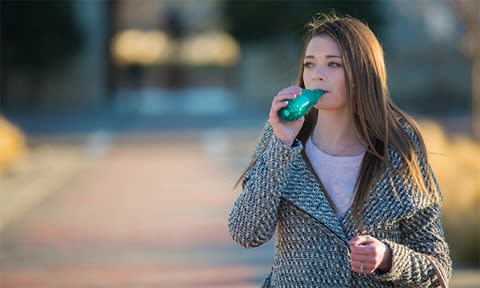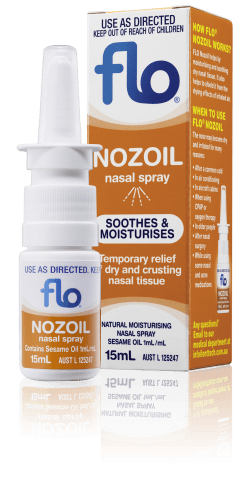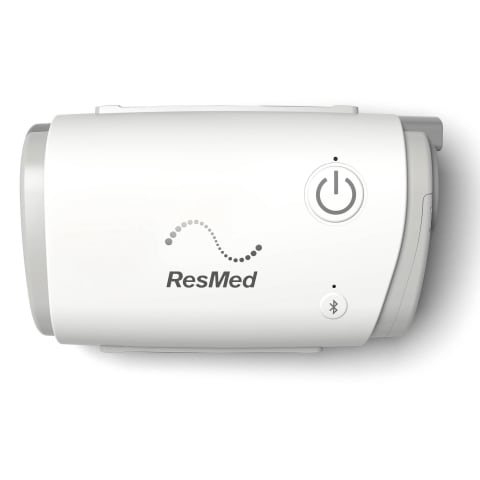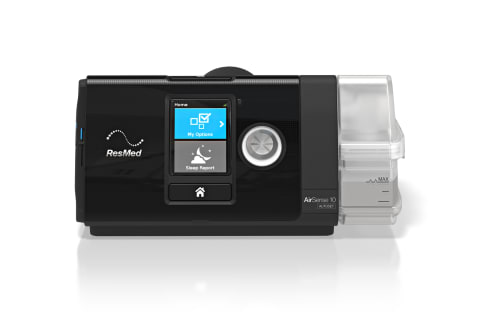CPAP Machines Melbourne
Choose the Right CPAP Machine for Your Needs
Struggling with sleep apnea and snoring? A CPAP machine helps by keeping your airway open, preventing obstructions that cause apneas. With better, uninterrupted rest, you’ll breathe easier, sleep better and wake up feeling refreshed.
Choosing the right CPAP machine is key to a comfortable and effective therapy experience. There are three main types of CPAP machines, each designed to cater to different needs:
 Fisher & Paykel SleepStyle+ Plus Auto CPAP Machine and Mask Pac...
Fisher & Paykel SleepStyle+ Plus Auto CPAP Machine and Mask Pac...
 Philips Respironics DreamStation Auto CPAP Machine with Humidifier
Philips Respironics DreamStation Auto CPAP Machine with Humidifier
If you’re thinking about getting a CPAP machine in Melbourne, you might be feeling a bit overwhelmed. That’s completely normal. Finding the right machine and starting therapy can feel like a big step, but it doesn’t have to be stressful. We’ve put together answers to some of the most common questions about CPAP machines and sleep apnea in Melbourne to help you feel more confident and comfortable with the process.
Choosing the right CPAP machine depends on your sleep apnea type and how comfortable you feel using the machine.
Regular CPAP machines provide a steady airflow at a fixed pressure, which works well for a lot of people. Others, like BiPAP machines, offer different pressure levels when you breathe in and out, which can be more comfortable if you need higher pressure settings. Then there are APAP machines that adjust automatically based on how you’re breathing while you sleep, adapting to your needs throughout the night.
A CPAP consultant in Melbourne can walk you through the options and help you figure out what will work best for you.
Comfort is key when it comes to CPAP therapy. If you’re not comfortable, you’re less likely to stick with it. A machine with an easy-to-use interface and adjustable comfort settings can make a big difference. Features like 'ramp’, which starts the airflow at a lower pressure and gradually increases it, helps ease you into sleep more naturally.
A built-in humidifier can also make therapy more comfortable by preventing dryness and irritation in your throat and nose. If you travel often, smaller, portable machines are available that are easy to pack. Some models also have smart features that track your breathing and adjust the pressure automatically to keep you comfortable all night long.
There are three main types of sleep apnea machines, each designed for different therapy needs.
CPAP (Continuous Positive Airway Pressure): Provides a constant stream of air at a fixed pressure, which works well for most people with obstructive sleep apnea.
BiPAP (Bi-level Positive Airway Pressure): Adjusts the pressure when you inhale and exhale, offering a higher pressure when you breathe in and a lower pressure when you breathe out. This can be more comfortable for people who need higher pressure levels.
APAP (Automatic Positive Airway Pressure): Automatically adjusts the pressure throughout the night based on your breathing patterns. This is helpful if your breathing changes during sleep or if your apnea varies night to night.
It’s a good idea to have a chat with your doctor or a CPAP consultant before buying a machine. They can help diagnose the type and severity of your sleep apnea and recommend the most suitable machine and pressure settings for you.
Your doctor can also help you find a mask that fits well, which is important because a poorly fitting mask can make therapy uncomfortable or less effective. If you have any health conditions that might affect your therapy, your doctor can suggest features or adjustments that may help improve your comfort and results.

